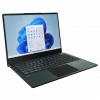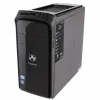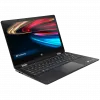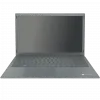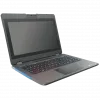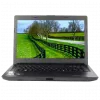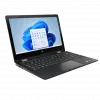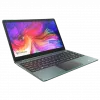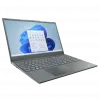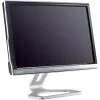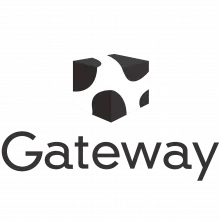
Gateway was founded on September 5, 1985, on a farm outside Sioux City, Iowa, by Ted Waitt and Mike Hammond. Originally called Gateway 2000, it was one of the first widely successful direct sales PC companies, utilizing a sales model copied from Dell, and playing up its Iowa roots with low-tech advertisements proclaiming "Computers from Iowa?". Shipping computers in spotted boxes patterned after cow markings (specifically, Holstein cows) became a Gateway standard. In 1989 Gateway moved its corporate offices and production facilities to North Sioux City, South Dakota. In line with the Holstein cow mascot, Gateway opened a chain of retail stores called Gateway Country Stores, mostly in suburban areas across the United States. It dropped the "2000" from its name on October 31, 1998.
